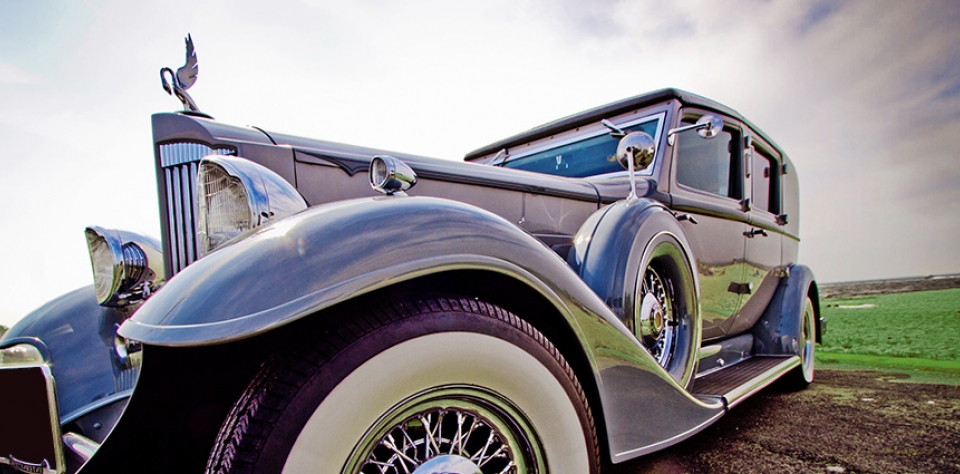Thank you for your interest in Allstate Private Car & Limousine, Inc. transportation services.
To inform and help protect independent vehicle operators and their passengers, we have developed and implemented a set of COVID-19 response measures compliant with The Centers for Disease Control and Prevention (CDC) and New York City Taxi and Limousine Commission (TLC) recommendations.
Obligatory face coverings:
As of April 17, 2020, New York State requires all TLC drivers and passengers to wear face coverings while riding together. Independent vehicle operators are required to wear a face covering, such as a facemask, bandana, or a scarf that cover mouth and nose when transporting passengers, or when otherwise within 6 feet of customers or others. Passengers are asked to wear a face covering before entering vehicles and during their entire ride.
Vehicle disinfection and cleaning:
We require independent vehicle operators to sanitize their vehicles before the start of each shift. Independent vehicle operators must also clean and disinfect commonly touched surfaces after the completion of each trip. When cleaning and disinfecting, individuals must wear disposable gloves and PPE, compatible with the cleaning products being used. Vehicles must be thoroughly ventilated during and after the cleaning process. All gloves and any other disposable PPE used for cleaning and disinfecting the vehicles must be removed and disposed of after cleaning.
Interior surfaces that must be disinfected include: seat cushions, arm rests, door handles, window buttons, buckles and seatbelts, light and air controls, doors and windows, and grab handles. Frequently touched electronic surfaces, such as tablets or touch screens used in the vehicles must also be cleaned and disinfected. Special attention must be paid to surfaces and objects that are touched often by passengers. Surfaces that are frequently touched by the driver, such as the steering wheel, radio buttons, turn indicators and cup holders, must also be disinfected at regular intervals.
Independent vehicle operators must carry cleaning and disinfectant sprays and/or disposable wipes and disposal trash bags with them in their vehicles.
Hygiene precautions:
We educate independent vehicle operators about where to find accurate information about COVID-19, its symptoms, and how it spreads. We actively encourage sick independent vehicle operators to stay home. We also encourage the use of and provide assistance in acquiring hand sanitizer and disposable wipes and cleaning products.
As an important infection control measure, we require independent vehicle operators to practice regular hand hygiene. The times on the job to clean hands include:
- Before and after work shifts
- Before and after work breaks
- After handling passengers’ personal belongings, if unavoidable
- Between rides and after handling/exchanging money
- After putting on, touching, or removing cloth face coverings
- Before and after pumping gas
Limitations of contact:
Most independent vehicles are carrying partitions between driver and passengers for your safety.
At this time, we restrict independent vehicle operators from providing pooled rides or picking up multiple passengers who would not otherwise be riding together on the same route. Passengers should only be allowed to sit in the back seat.
We also encourage use of the vehicles' vents and/or lower the vehicle windows to bring in fresh outside air instead of using the recirculated air option for the car’s ventilation during passenger transport.
We ask independent vehicle operators to open and close trunks and doors for their passengers. Passengers should be asked to handle their own personal bags and belongings during pick-up and drop-off.
We prioritize contactless transactions that limit or eliminate close contact and the sharing of items such as pens and electronic signature pads between independent vehicle operators and passengers.
For the safety of passengers, no items such as water bottles or magazines should be provided.
We routinely conduct unannounced field checks to monitor compliance with our COVID-19 response measures. We discontinue service to our customers by independent vehicle operators found to not comply with our guidelines.
Additional information:


